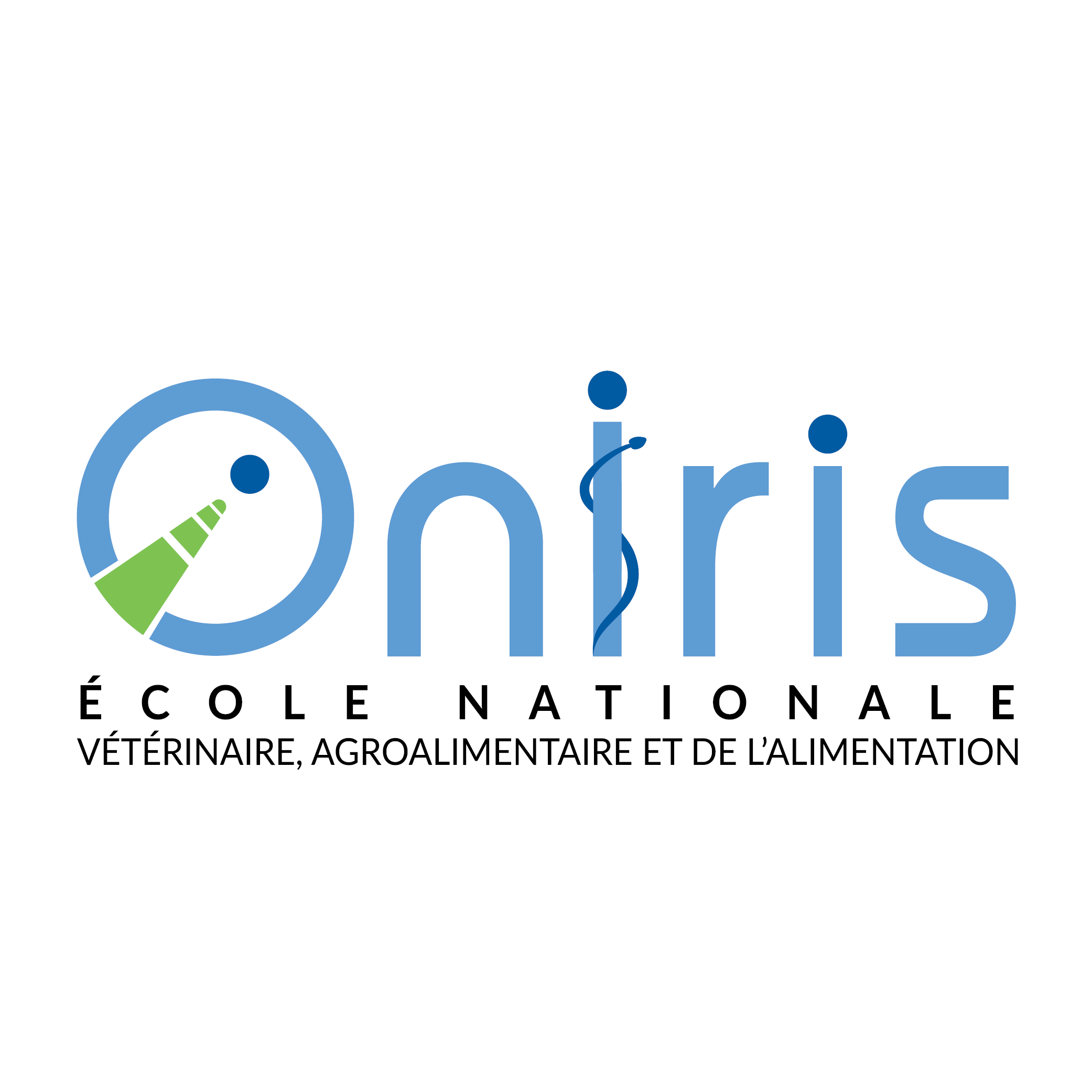Research laboratories
- Home
- Find a research laboratory
- Biology, Epidemiology and Risk Analysis in animal health
UMR 1300 - Biology, Epidemiology and Risk Analysis in animal health (BIOEPAR)
The unit's research is aimed at managing the health of farmed animals and veterinary public health, by integrating issues of reducing the use of drug inputs and preserving animal welfare. The disciplines mobilized are epidemiology, modelling, animal health economics, biology of pests and diseases, biology of aggressor-host interactions, and population biology.
Scientific issues are addressed at complementary integration scales. Thus, for pathogens and vectors, it is a question of describing their variability and the evolution of their populations in space and time. At the animal (host) level, work is aimed at understanding the mechanisms of pathogen-vector-host interactions. At the level of animal populations, the aim is to identify the determinants of diseases, understand and predict the spread of diseases, and evaluate the means of controlling them. Finally, at the level of livestock farms and territories, research focuses on the economic evaluation of the impacts and control strategies of endemic and epidemic diseases.
6 Research Groups
- APPIfish : Antimicrobial Resistance - Pathogen Power - Fish Infectiology
- DynaMo : Dynamic Modelling
- EGIA : Economics Management and Applied Computer Science
- PEP'S : Herd Health - Public Health
- PIPAE : Pathogenesis of infectious and parasitic diseases for monogastrics et ruminants
- TiBoDi : Ticks and tick-Borne Diseases
The unit has 45 permanent staff, 7 contract staff and 16 PhD students.
Supervisory bodies


Unit Manager
Christine FOURICHONLocation
Region : Pays de la Loire (Nantes)University site : ComUE Bretagne Loire
Address :
Atlanpole La Chantrerie - 102 Route de Gachet - CS 40706 - 44307 Nantes cedex
© Agreenium, the French training and research alliance for agriculture, food, environment and global health - Contact

